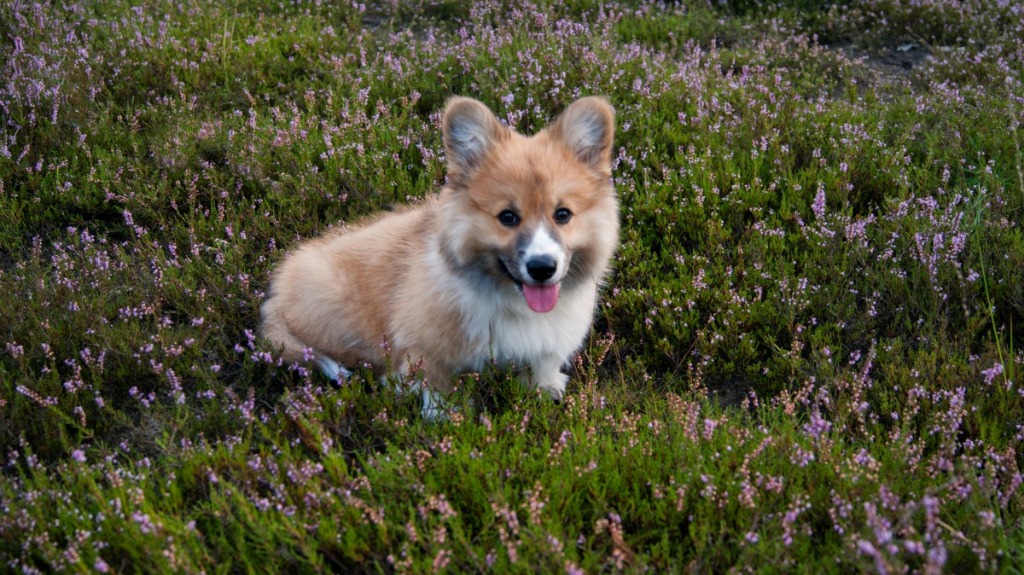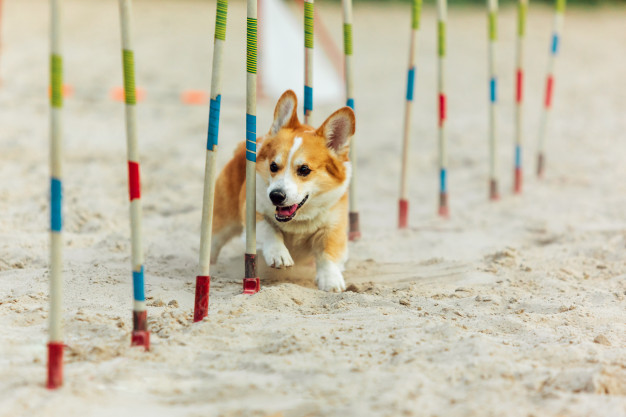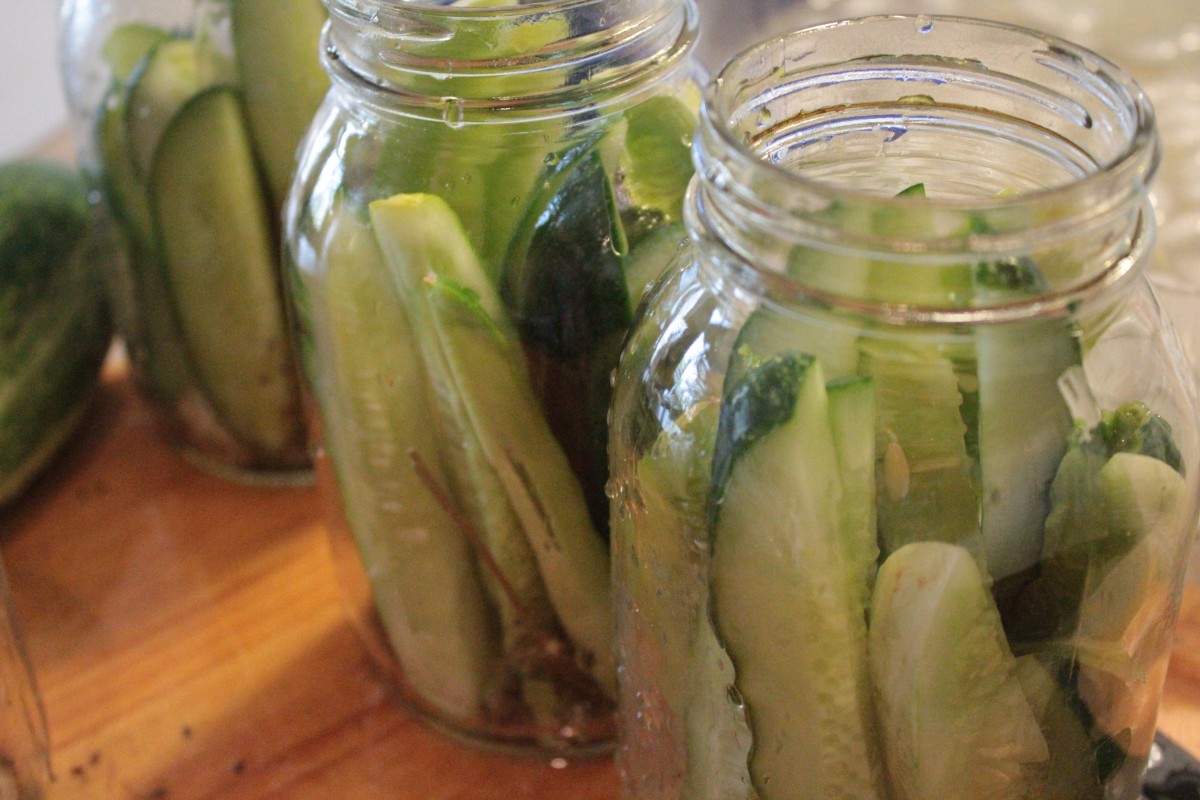Banishing Bath Time Blues: Making Your Corgi Love Baths

Are you tired of the constant struggle and stress of giving your corgi a bath? Do they tremble and hide at the mere mention of bath time? Well, fret no more!
In 'Banishing Bath Time Blues: Making Your Corgi Love Baths,' we'll show you how to transform this dreaded chore into an enjoyable experience for both you and your furry friend.
Discover the secrets to understanding your corgi's fear, creating a calming bath environment, and introducing positive associations with bath time.
Learn how to choose the right products for your corgi's sensitive skin and establish a consistent routine that will put them at ease.
With gentle handling techniques and plenty of celebration for their successes, you'll soon have a corgi who actually looks forward to bath time!
Understanding Your Corgi's Fear
To understand your Corgi's fear of bath time, it's important to identify the root causes of their anxiety. Dogs can develop a fear of baths due to negative past experiences or simply because they feel vulnerable in a confined space.
Overcoming this anxiety requires patience and building trust with your Corgi. Start by introducing your pup to the bathroom without actually giving them a bath. Let them explore the space and associate it with positive experiences, such as treats and praise.
Gradually introduce water by using a gentle sprayer or a small container. Ensure the water is warm and comforting. Use positive reinforcement techniques throughout the process, rewarding your Corgi for calm and cooperative behavior.
Creating a Calming Bath Environment
Create a calming bath environment by using warm lighting and soothing music to help relax your Corgi during bath time. Dimming the lights and playing soft, calming music can help create a serene atmosphere that will put your Corgi at ease.
Consider using aromatherapy benefits to further enhance the relaxation. Choose a mild, dog-friendly scent like lavender or chamomile, which can have a calming effect on your furry friend.
Additionally, introducing calming bath toys can help distract your Corgi and make the bath experience more enjoyable. Look for toys specifically designed to calm anxiety, such as puzzle toys or toys that dispense treats.
Introducing Positive Associations With Bath Time
To help your Corgi develop a positive association with bath time, start by gradually introducing them to the bathing process. Building trust is crucial in making your furry friend feel safe and comfortable during baths.
Begin by letting them explore the bathroom and get familiar with the bathtub. This will help them become more at ease with the environment.
Next, try using desensitization techniques to introduce them to the sound of running water. Start by turning on the faucet at a low volume and gradually increase it over time. Reward your Corgi with treats and praise for remaining calm.
Once they're comfortable with the sound of running water, you can move on to gently wetting their paws and gradually working your way up their body. Remember to go at their pace and make bath time a positive experience for them.
Choosing the Right Products for Your Corgi's Skin
Choose products that are suitable for your Corgi's skin to ensure a safe and effective bathing experience. When it comes to keeping your Corgi's skin healthy and moisturized, there are a few key factors to consider. Here are some tips to help you choose the right products:
- Opt for hypoallergenic shampoos: These are specially formulated to be gentle on sensitive skin and reduce the risk of allergic reactions.
- Look for moisturizing options: Corgis are prone to dry skin, so using a shampoo with moisturizing properties can help keep their skin hydrated.
- Avoid harsh chemicals: Steer clear of products that contain ingredients like sulfates and parabens, as these can cause irritation and dryness.
- Consider your Corgi's specific needs: If your furry friend has any skin conditions or allergies, consult with your veterinarian to find a shampoo that's tailored to their needs.
- Read product labels carefully: Make sure to check the ingredients list and choose products that are free from any potential irritants.
Establishing a Consistent Bath Time Routine
To make bath time a positive experience for your Corgi, establishing a consistent routine helps create a sense of familiarity and comfort. Dogs thrive on routine, and having a set schedule for bath time can help build trust and reduce anxiety.
Start by choosing a specific day and time for baths that works for both you and your furry friend. Before the bath, incorporate play into your routine to make it more enjoyable. Take your Corgi for a short walk or engage in a fun game of fetch to release any excess energy. This will help them associate bath time with something positive.
During the bath, use gentle and soothing tones to reassure your Corgi. Remember to reward them with treats and praise for their good behavior.
Using Gentle and Reassuring Handling Techniques
By handling your Corgi with gentle and reassuring techniques, you can help alleviate any anxiety or discomfort during bath time. Building trust is essential for a positive bathing experience. Here are some desensitization techniques to make bath time more enjoyable for your furry friend:
- Start with short sessions: Begin by introducing your Corgi to the water gradually. Start with short baths and gradually increase the duration as they become more comfortable.
- Use positive reinforcement: Reward your Corgi with treats and praise during and after the bath. This will associate bath time with positive experiences.
- Slow and gentle movements: Move slowly and gently when handling your Corgi. This will help them feel more secure and reduce any fear or anxiety.
- Comfortable water temperature: Make sure the water is warm and comfortable to prevent your Corgi from feeling too cold or hot.
- Calm and soothing voice: Speak to your Corgi in a calm and soothing voice throughout the bathing process. This will help keep them relaxed and reassured.
Celebrating Bath Time Successes and Rewards
After implementing gentle handling techniques during bath time, it's important to celebrate your Corgi's successes and reward them for their cooperation. Positive reinforcement is a powerful tool in behavior modification techniques. When your Corgi behaves well during bath time, make sure to acknowledge their good behavior with praise and treats.
Incorporating playtime during bath can also make the experience more enjoyable for your furry friend. Consider using their favorite toys or engaging in a game of fetch to keep them distracted and entertained. By creating a positive association with bath time, you can help your Corgi overcome their fear or dislike of baths.
Frequently Asked Questions
Can I Use Human Shampoo on My Corgi During Bath Time?
You shouldn't use human shampoo on your corgi during bath time. It's important to use dog shampoo that is specifically formulated for their sensitive skin. Positive reinforcement during baths can help them learn to enjoy the experience.
How Often Should I Bathe My Corgi?
To keep your Corgi feeling fresh, bathe them every 4-6 weeks. If your pup gets dirty more often, adjust as needed. For nervous or anxious dogs, create a calm environment and use gentle techniques to make bath time less stressful.
What Should I Do if My Corgi Refuses to Get Into the Bathtub?
If your corgi refuses to get into the bathtub, try using positive reinforcement and training techniques to make bath time more enjoyable. If that doesn't work, consider alternative bathing methods like using a handheld showerhead or a kiddie pool.
Can I Use a Hairdryer to Dry My Corgi After a Bath?
Using a hairdryer on your corgi after a bath can be a quick and efficient way to dry them. Just be careful not to use high heat and keep it at a safe distance. It's also important to consider your corgi's comfort and whether they prefer a towel instead.
Are There Any Specific Products I Should Avoid Using on My Corgi's Skin During Bath Time?
When giving your corgi a bath, it's important to avoid certain products that could irritate their sensitive skin. Stick to natural and homemade bath products, or explore alternative bathing methods that are gentle and safe.











